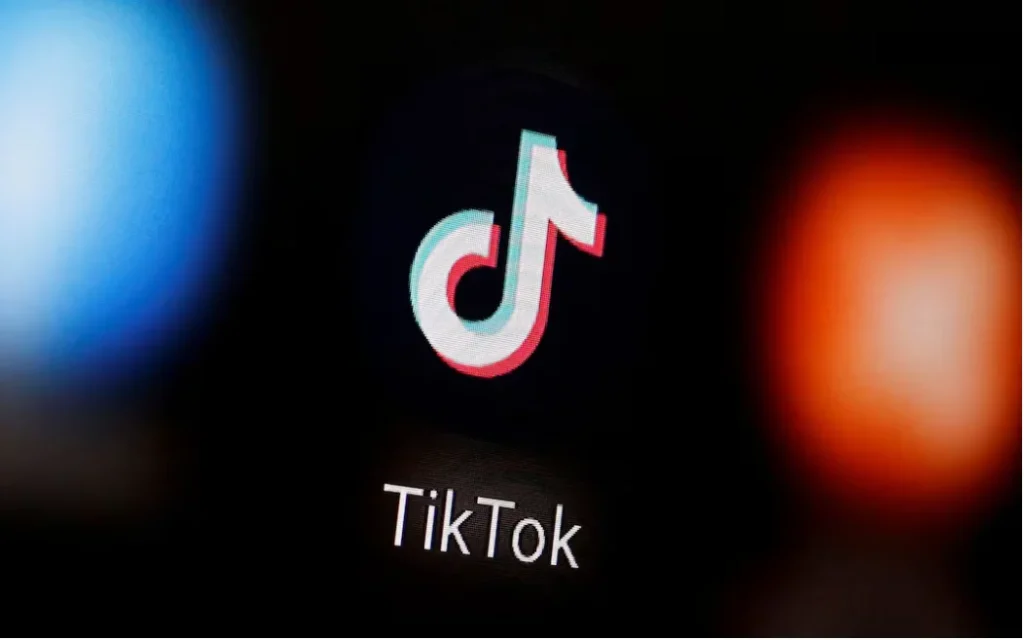U.S. President Donald Trump announced on Friday that the United States will begin formal talks with China early this week regarding a potential deal for TikTok. The move comes as the September 17 deadline approaches for China-based ByteDance to divest the U.S. operations of the popular short-video app, TikTok.
TikTok Deal Back on the Table
Speaking to reporters aboard Air Force One, Trump stated: “I think we’re gonna start Monday or Tuesday… talking to China, perhaps President Xi or one of his representatives. But we pretty much have a deal.”
The proposed agreement would result in TikTok’s U.S. operations being spun off into a separate company that is majority-owned and operated by American investors. This arrangement had been in development earlier this year but was paused after China signalled resistance due to escalating trade tensions, including Trump’s announcement of steep tariffs on Chinese goods.
ByteDance Faces September Deadline
President Trump extended the original deadline to September 17, giving ByteDance additional time to resolve with U.S. regulators. The Committee on Foreign Investment in the United States (CFIUS) previously ruled that ByteDance must sell TikTok’s U.S. assets due to national security concerns.
China’s Approval Remains Uncertain
Although the White House is optimistic, Trump acknowledged that China’s approval will likely be necessary for any deal to go through. “I’m not confident, but I think so. President Xi and I have a great relationship,” Trump said. “I think the deal is good for China, and it’s good for us.”
U.S.-China Relations Impact TikTok Negotiations
The fate of TikTok in the United States has become a focal point in the broader U.S.-China relationship. With both countries engaged in ongoing trade and tech disputes, any agreement will require careful diplomacy.
What’s Next for TikTok in the U.S.?
If a deal is finalized and approved by both U.S. and Chinese authorities, it could preserve TikTok’s operations for its over 150 million American users, while addressing national security concerns raised by U.S. lawmakers.











